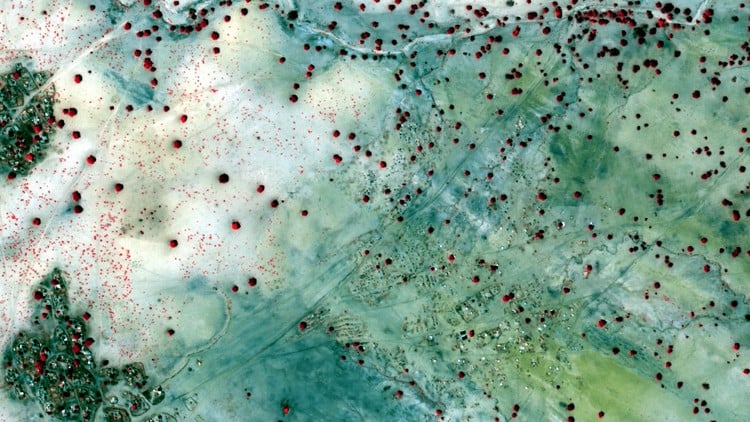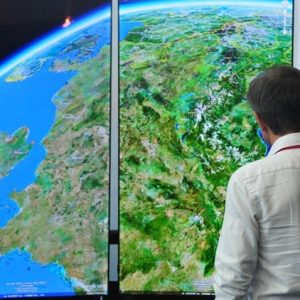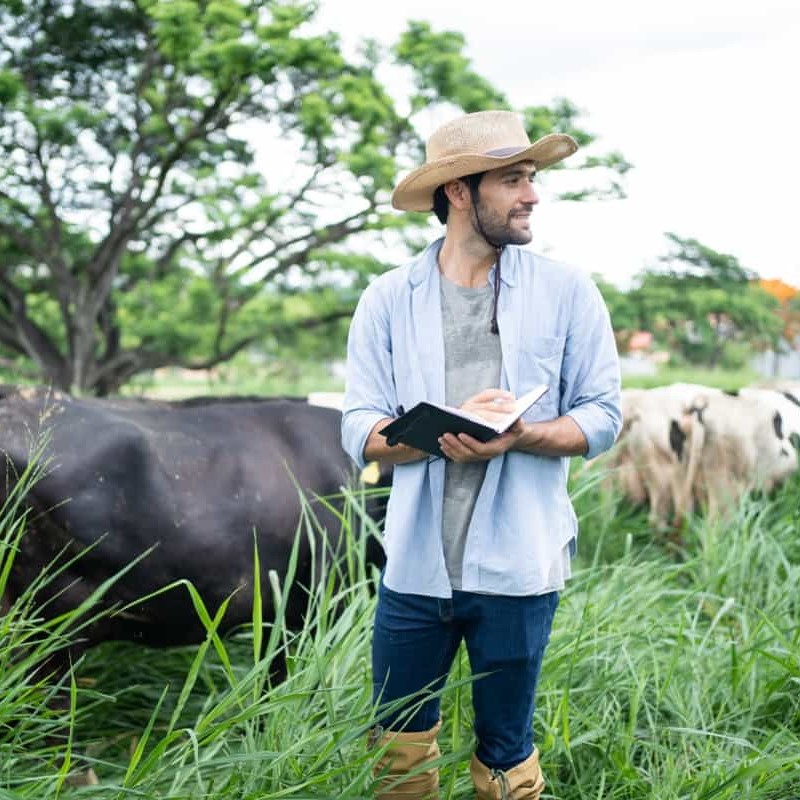Description
Key Topics Covered
- Introduction to Conservation Biology
- Overview of conservation biology as a field of study.
- Key concepts: biodiversity, conservation, extinction, and ecosystem services.
- The importance of conservation biology in addressing global environmental challenges.
- Understanding Biodiversity
- Definition and components of biodiversity: genetic, species, and ecosystem diversity.
- The value of biodiversity for ecosystem stability, human well-being, and cultural heritage.
- Measuring biodiversity: indicators and metrics (species richness, evenness, and diversity indices).
- Ecosystem Services and Function
- Introduction to ecosystem services: provisioning, regulating, cultural, and supporting services.
- How biodiversity supports ecosystem functioning and human societies.
- The economic and ecological importance of maintaining biodiversity.
- Threats to Biodiversity
- Major causes of biodiversity loss: habitat destruction, climate change, pollution, overexploitation, and invasive species.
- The role of human activities in accelerating species extinctions.
- The concept of “hotspots” for biodiversity and their global significance.
- Conservation Strategies and Approaches
- In-situ conservation: preserving species in their natural habitats (protected areas, wildlife corridors).
- Ex-situ conservation: conservation outside natural habitats (zoos, seed banks, botanical gardens).
- The role of habitat restoration in reversing biodiversity loss.
- Endangered Species and Extinction
- Criteria for classifying species as endangered, vulnerable, or extinct.
- The process of extinction and its ecological consequences.
- Case studies of endangered species and successful recovery programs (e.g., the California condor, the black-footed ferret).
- Conservation Genetics
- The role of genetics in conservation: genetic diversity, gene flow, and inbreeding depression.
- Tools for conserving genetic diversity: gene banks, captive breeding, and genetic monitoring.
- The impact of small population sizes and the “bottleneck effect” on genetic diversity.
- Conservation Policy and Legislation
- Key international agreements and conventions for biodiversity protection (e.g., Convention on Biological Diversity, CITES).
- National and local conservation policies: the role of governments and NGOs.
- The challenges and successes of implementing conservation laws and policies.
- Sustainable Development and Biodiversity Conservation
- The relationship between conservation and sustainable development.
- Balancing human development needs with the protection of biodiversity.
- Strategies for integrating conservation goals into agriculture, forestry, and urban planning.
- Current Issues and Future Directions in Conservation
- Emerging issues in conservation: climate change, biodiversity hotspots, and ecosystem degradation.
- The role of science, technology, and public engagement in future conservation efforts.
- Career opportunities in conservation biology and ways to contribute to biodiversity preservation.
Course Objectives
By the end of this course, students will be able to:
- Understand the Key Concepts of Conservation Biology
- Gain a comprehensive understanding of biodiversity, ecosystem services, and the principles of conservation biology.
- Measure and Assess Biodiversity
- Learn how to measure biodiversity using various metrics and assess the health of ecosystems.
- Identify and Address Threats to Biodiversity
- Understand the primary threats to biodiversity, including habitat destruction, climate change, and invasive species, and develop strategies to mitigate them.
- Apply Conservation Strategies
- Develop a knowledge of conservation approaches such as in-situ and ex-situ conservation, habitat restoration, and species protection.
- Understand the Process of Extinction and Endangered Species Recovery
- Learn about endangered species, their risk factors, and successful recovery programs.
- Utilize Conservation Genetics
- Understand the role of genetics in conservation, and how it is used to maintain genetic diversity and protect species from extinction.
- Analyze Conservation Policies and Laws
- Study the international and national frameworks that govern biodiversity conservation, and evaluate the effectiveness of conservation policies and legislation.
- Balance Conservation with Sustainable Development
- Understand how conservation can be integrated with sustainable development practices, addressing both ecological and human needs.
- Engage with Current and Future Conservation Challenges
- Stay informed about emerging issues in conservation and biodiversity science, and explore ways to contribute to global conservation efforts.
- Develop a Career in Conservation Biology
- Gain the skills necessary to pursue a career in conservation biology, environmental science, or related fields, and understand how to actively contribute to biodiversity protection.







Ekene –
“The “Conservation Biology and Biodiversity” online course was an incredible learning experience. The professors were passionate and knowledgeable, providing cutting-edge insights into the field. The interactive modules and engaging discussions fostered a dynamic learning environment that kept me motivated throughout the course. I gained a comprehensive understanding of conservation biology principles, biodiversity conservation, and the importance of preserving our planet’s ecosystems. This course has not only broadened my knowledge but also ignited a passion for conservation work within me.”
Lauwali –
“Conservation Biology and Biodiversity” is an exceptional online course that exceeded my expectations. The comprehensive curriculum covered vital topics in conservation biology, ranging from biodiversity loss to ecosystem management. The expert instructors presented the material with clarity and enthusiasm, making complex concepts accessible. The interactive activities and engaging discussions fostered a collaborative learning environment, fostering critical thinking and problem-solving skills. Overall, this course provided me with an invaluable foundation in conservation biology, empowering me to make informed decisions and contribute to the preservation of our planet’s biodiversity.”
Amarachi –
“The ‘Conservation Biology and Biodiversity’ online course is an invaluable resource for anyone passionate about environmental protection. The comprehensive curriculum covers a wide range of topics, providing a deep understanding of the challenges and solutions facing biodiversity conservation. The interactive format, engaging materials, and expert instructors make learning both enjoyable and highly effective. I highly recommend this course to anyone seeking to further their knowledge and skills in this critical field.”